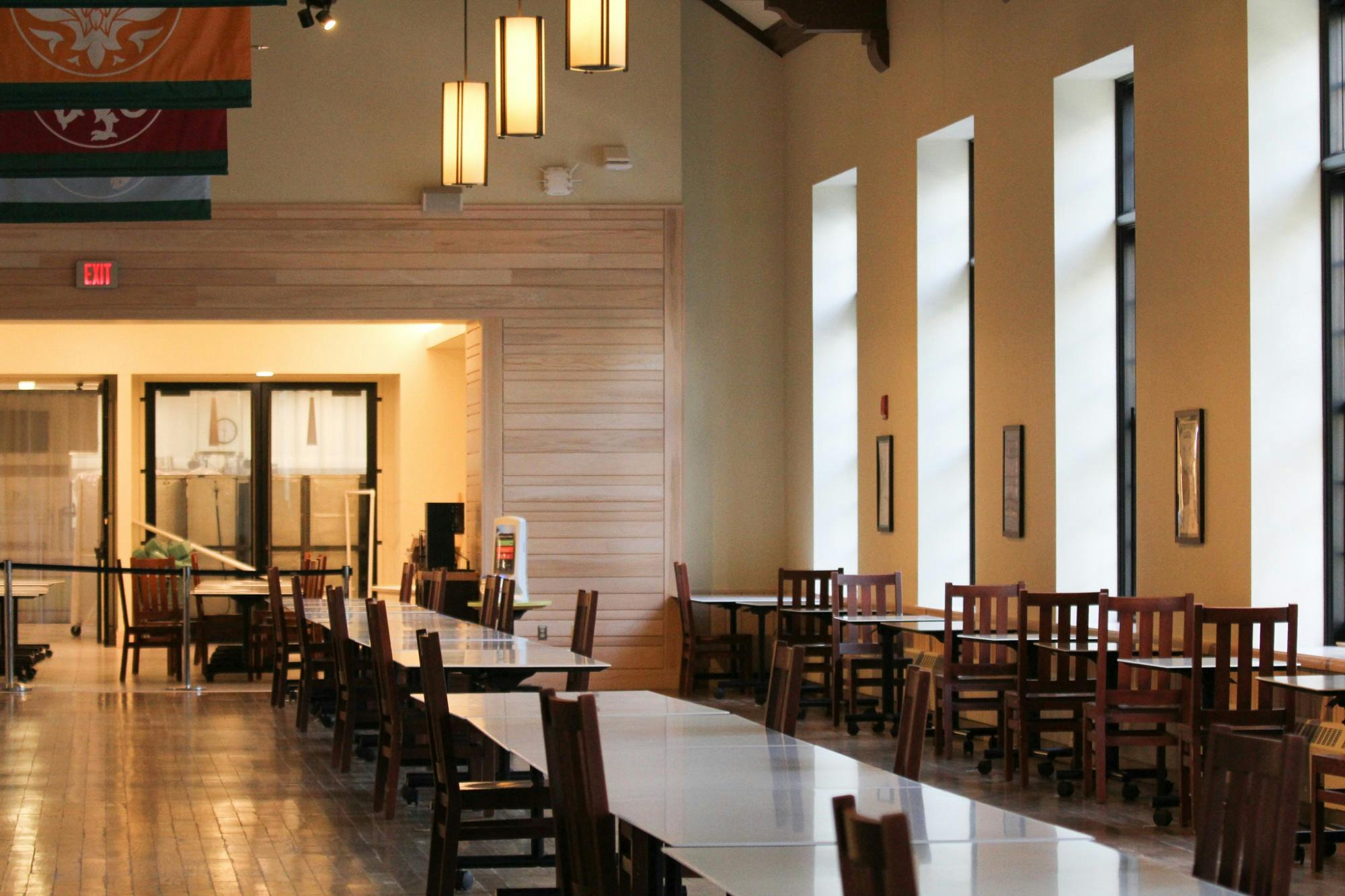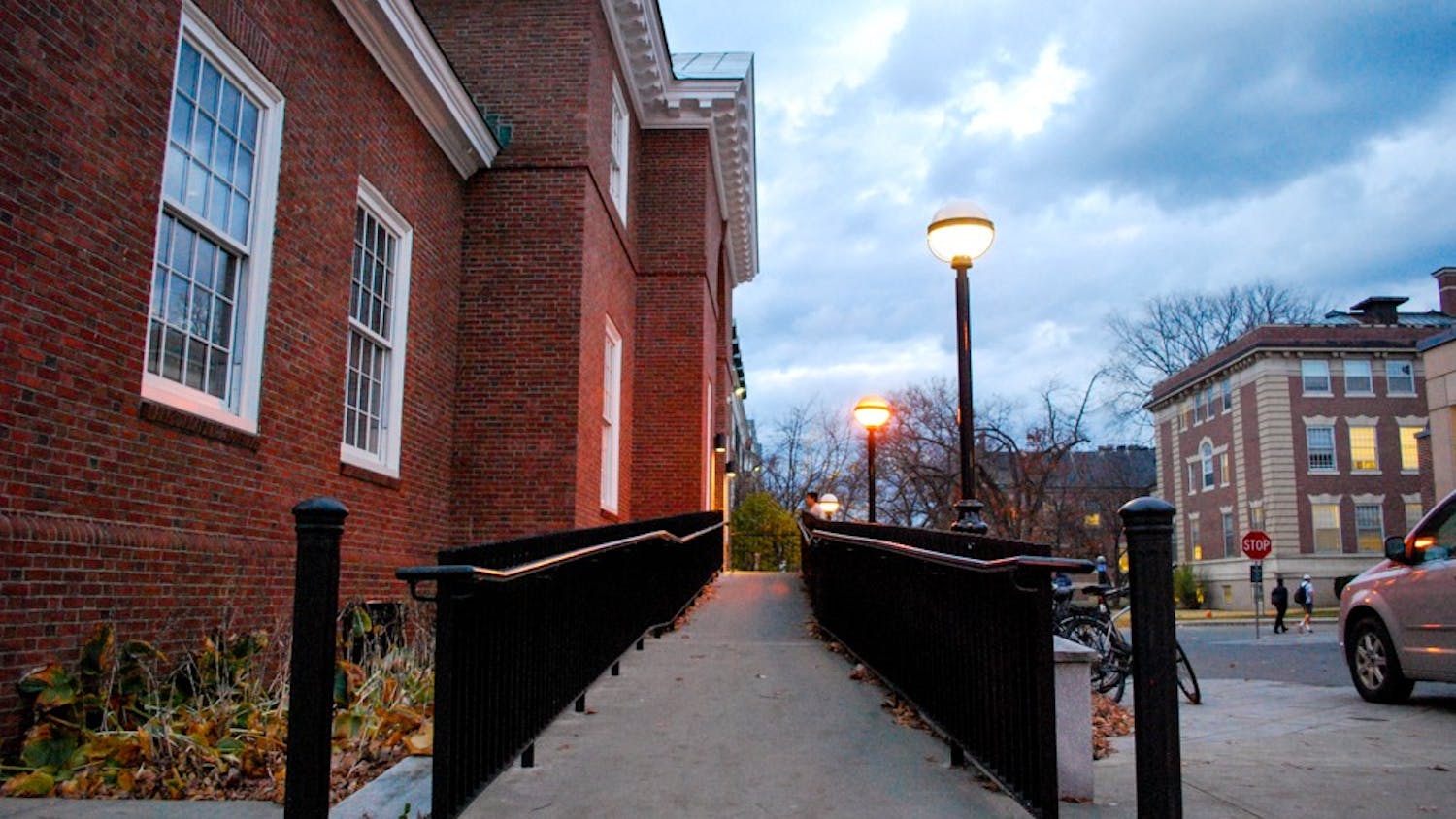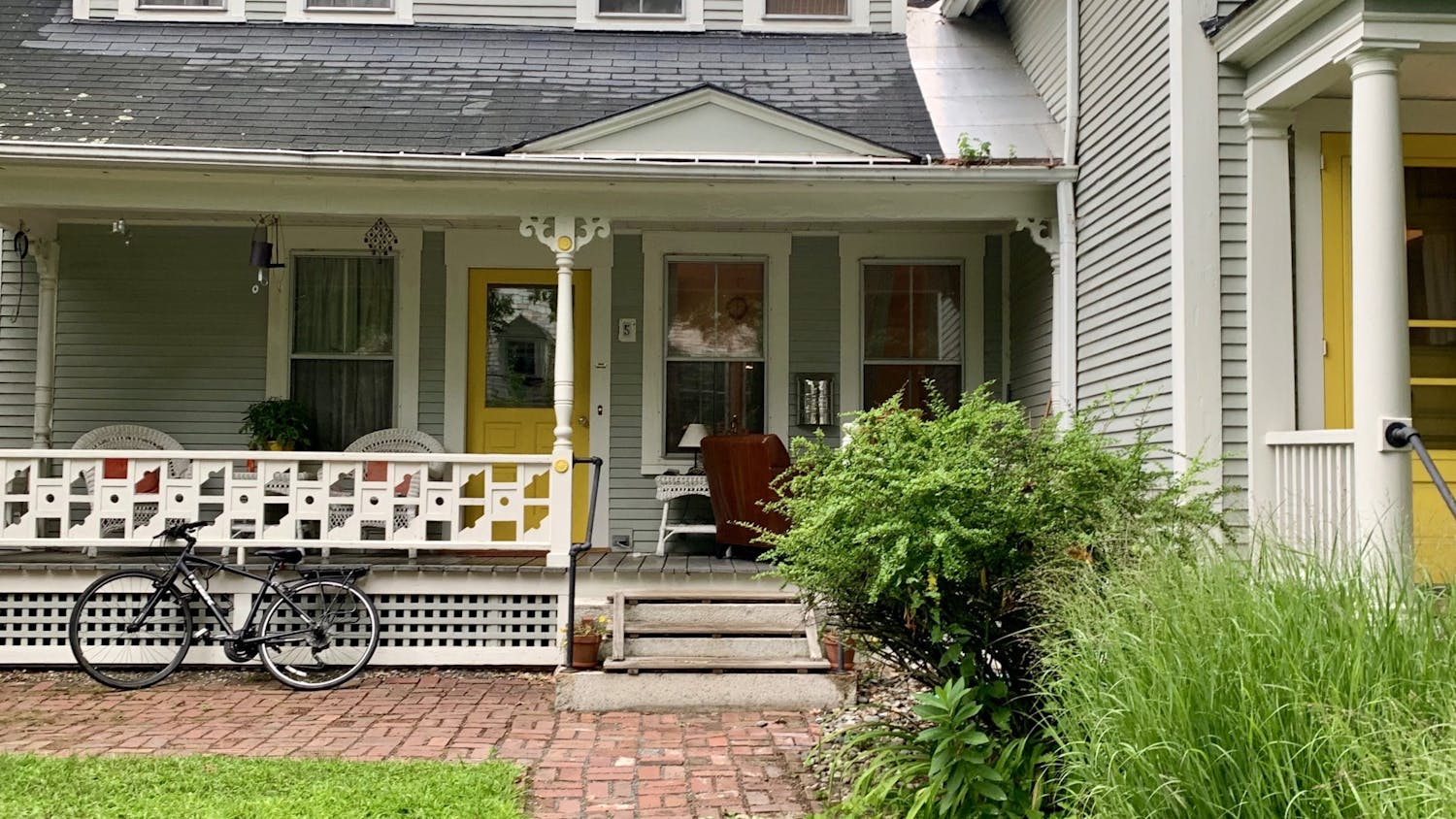As of this fall, no part of students’ leftover DBA will roll over between terms. In previous years, any remaining balance up to $100 could transfer to the following term, provided that the student would be on campus. Dartmouth Dining director Jon Plodzik said that the decision to discontinue DBA rollover was made largely to allow for greater certainty in budgeting.
The change, which Plodzik said has been in place since the beginning of the term, comes amid a reduction in dining flexibility at Dartmouth. This year, all students living on campus are required to purchase the $2,220 Ivy Flex plan, which is more expensive than last year’s most expensive plan, the Ivy Standard. The Ivy Flex provides students unlimited access to ’53 Commons and $300 in DBA. The plan also gives students the ability to exchange access at ’53 Commons for a fixed amount of DBA at Collis Cafe or Novack Cafe during any meal period.
Plodzik said that in order to adequately plan for dining spending, Dartmouth Dining chose to eliminate DBA rollover.
“We really can’t have a rollover based on what’s going on in the world,” Plodzik said. “… We can't have remaining balances from quarter to quarter. I need to know exactly how much [money] I have each quarter to feed everyone.”
After the pandemic ends, he said, dining on campus will likely include a “more robust” slate of meal plan options for students, and DBA rollover will likely return.
At the end of last week, Dartmouth Dining launched a campaign to remind students of the new policy and ensure that they know to use their DBA before the end of the term.
“We don’t want people to forfeit dining dollars,” Plodzik said. “That’s not what this is about. It’s just we want people to be able to budget.”
Still, Lauren Liu ’24 said she would have appreciated greater transparency at the beginning of term about changes to the campus-wide meal plan.
“Dartmouth should have told us about whether or not any money was going to roll over earlier,” Liu said. “ … For many people this information is still not really [easy to find], so they may not have changed their spending strategy to suit them.”
However, other students have expressed less concern about Dartmouth Dining’s new policy. Wylie Kasai ’22 said he does not remember when he found out about the new rollover policy and that he has not thought about it much since.
“I'm very unsure about my D-Plan and have no idea when my next on-campus term will be, so worrying about my DBA is definitely not my biggest concern,” Kasai said. He added that this system “feels pretty similar” to the normal policy of DBA not rolling over between academic years if students take a term off over the summer.
“It really should be saved for your next term since you paid for it, but it's so far in the future that it's hard to imagine any tangible effect,” he said.
Plodzik noted that he hopes the $300 in DBA provided by the Ivy Flex plan is “sufficient, but not excessive” to meet students’ dining needs.
Riya Ganpati ’24 said that the rule change “still doesn’t make any sense” given the limited options for using DBA on campus. In past terms, students were able to spend extra DBA at the end of the term at places like Collis or Baker-Berry’s King Arthur Flour location.
This term, spending extra DBA looks a bit different. Ganpati noted that the opening of Novack after the two-week quarantine period and Dean of the College Kathryn Lively’s recent email about the venue’s overcrowding have deterred people from visiting.
“There are just not a lot of places to use [DBA],” Ganpati said. “Everyone I’ve talked to thought the balance carried over until a week ago, so people were using their swipes way more leniently [than DBA].”
Kasai also said that options for spending DBA are limited this term and that he would have to find some way to spend it all before the term ends.
“With no late night Collis or KAF, I've barely spent any DBA with the way dining is arranged with the restrictions,” he said. “Since it won't transfer over at all, maybe I'll be a bit less frugal, though I've definitely not had to mind my DBA as much as a regular term. But based on my current trajectory, I'll probably just buy a bunch of cookies at the end of the term instead.”
Katie Kong ’23 said that she feels Dartmouth is “taking advantage of the pandemic” by no longer allowing DBA to roll over.
“I think it’s a way for the school to exploit students for more money,” Kong said. “They know people aren’t paying as much attention [during a pandemic], so that’s why they’re not having DBA roll over.”
Kong discovered DBA is not going to roll over through Librex, noting that if she hadn’t seen the news on the app she “would still probably not know.” Now that she is aware of the change, she thinks she will be more liberal with her DBA spending this term.
Plodzik said that while no solution will be without flaws, Dartmouth Dining is doing what it can to make dining a positive experience.
“I know this isn’t perfect for a lot of folks in a lot of ways, but we are certainly trying hard to make it work for as many as possible,” Plodzik said.





